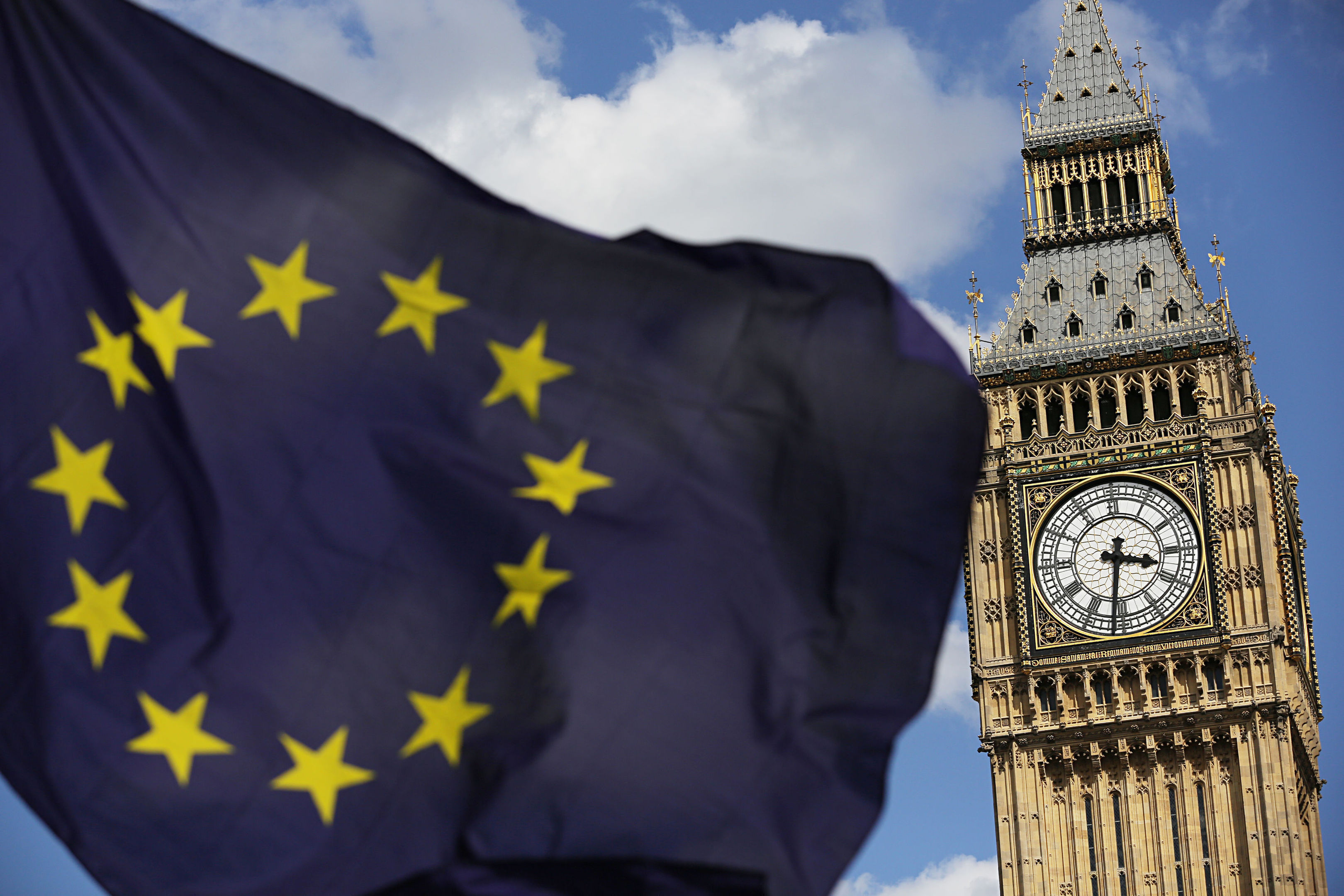
THE UK’s vote to leave the EU has damaged Britain’s reputation among young people in other European countries, but improved it in the Commonwealth and G20, according to a new survey.
Some 36% of 18-34 year-olds questioned in France, Germany and Italy said that Brexit had a negative impact on the UK’s overall attractiveness as a country, compared to 17% who said that the referendum result had a positive impact.
And the Ipsos MORI survey for the British Council found that the UK had slipped from third to fourth most attractive of the G20 countries for tourism, studying, arts and culture, making personal contacts, and doing business and trade – behind Canada, Australia and Italy.
The survey, conducted in the 19 member-states of the G20 during September and October, found considerably more positive views of Brexit among those who are not also part of the EU.
In the Commonwealth countries polled – Australia, Canada, South Africa and India – some 33% thought Brexit had improved the UK’s image, compared to 18% who thought it had a negative impact. And among the other G20 states – Argentina, Brazil, China, Indonesia, Japan, Mexico, Russia, Saudi Arabia, South Korea, Turkey and the USA – 35% said it was positive and 17% negative.
While 33% of young people in the three EU countries said that their trust in British people had declined because of Brexit and 16% said it had increased, the results were reversed among Commonwealth countries (31% positive, 18% negative) and the rest of the G20 (32% positive, 15% negative).
And there were similar findings on trust in the UK Government, with 41% in EU countries saying it had been damaged by Brexit against 16% improved, compared to Commonwealth countries (29% positive, 21% negative) and the other G20 states (31% positive, 20% negative).
The British Council – which promotes UK cultural relations and educational opportunities overseas – is calling for an “Open Brexit” to step up people-to-people connections with other European nations and beyond following withdrawal from the EU, with continued ease of movement for students, academics and creative professionals, increased cultural, educational and scientific links and enhanced investment in cultural and educational connections with other countries.
British Council chief executive Ciaran Devane, said: “As the UK comes to reposition itself on the world stage, our reputation matters more than ever. We need to address the more negative opinions young people in Europe now have whilst making the most of the positive opinions elsewhere.
“Leaving the EU in a way that maintains relationships with the societies of Europe – and that strengthens these partnerships around the world – will be essential.
“An Open Brexit can use these connections to forge new bonds globally, as well as continue the centuries of co-operation with the nations of Europe in science, education, business and the arts.”
The survey found high awareness of the June 23 referendum, with 70% of those questioned knowing it had taken place and 71% of those people knowing the UK had voted to leave the EU. However, there was a lower understanding of the long-winded process of quitting the EU, with 44% thinking the UK had already left.
Some 30% of EU nationals said they were less likely to study and 32% to do business in the UK, compared to just 5% who thought they were more likely to study and 6% to do business after Brexit. In Commonwealth countries, 16% were more likely and 15% less likely to study in the post-Brexit UK, while the figures for the rest of the G20 were 15% more likely and 17% less likely. Both Commonwealth and G20 countries had 15% more likely and 17% less likely to do business in Britain after Brexit.
Ipsos MORI conducted an online survey of 19,010 people aged 18-34 across all 19 countries of the G20 between September 8 and October 16.

Enjoy the convenience of having The Sunday Post delivered as a digital ePaper straight to your smartphone, tablet or computer.
Subscribe for only £5.49 a month and enjoy all the benefits of the printed paper as a digital replica.
Subscribe